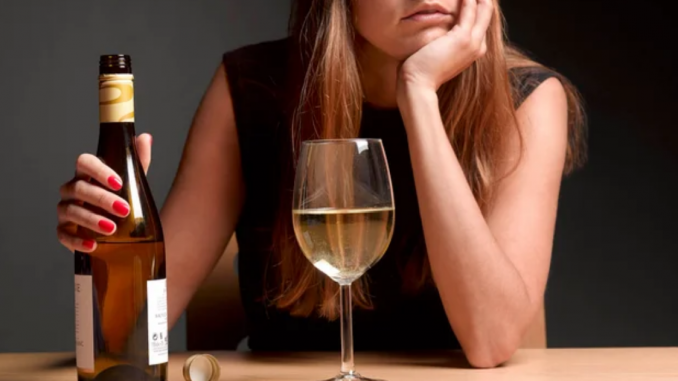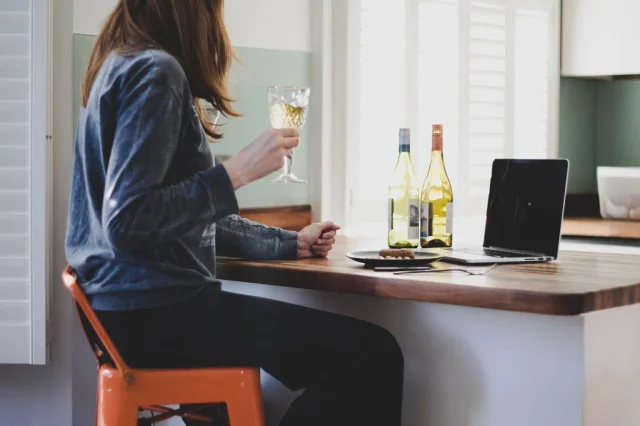
Moms with young kids increased their booze consumption by nearly 325 percent between the start of the COVID-19 pandemic and the end of last year, a new study suggests.
The research — conducted by the nonprofit RTI International for the National Institute on Alcohol Abuse and Alcoholism — was part two of a study launched in 2020 to analyze the pandemic’s effects on American drinking habits.
The latest figures found that overall US drinking consumption was 39 percent higher in November 2020 than the previous February, before the virus hit the country.
The general recommended drinking guidelines for men allow up to four drinks per day but no more than 14 drinks per week, while for women, it’s no more than three drinks a day or seven drinks per week, according to the study.
Americans exceeding those guidelines increased by 27 percent from February and April of 2020 — and jumped to 39 percent between February and November, the new study found.
Additionally, binge drinking that increased 26 percent between February and April 2020 only jumped further, to 30 percent, between February and November.
“Our study shows that people didn’t just increase their alcohol consumption for a month or two at the beginning of the pandemic – the trend held for nearly the entire year,” said Carolina Barbosa, a health economist at RTI, in a statement.

“Increases in alcohol consumption have been associated with natural disasters and other large-scale events that induce stress and anxiety, and a pandemic certainly fits that description.”
More women disproportionately reported exceeding the recommended drinking guidelines than men between April and November 2020.
Women with children under age 5 in their homes increased alcohol consumption 323 percent, the study found.
“Women are more likely to use alcohol to cope with stress, depression, and anxiety, and all these are a natural response to the COVID-19 pandemic,” Barbosa said. “Alcohol consumption among women has been on the uptick for the past two decades, and our study suggests the pandemic may only exacerbate that trend.”

Barbosa said that relaxed alcohol regulations during the pandemic such as curbside pickup from liquor stores, made access to booze easier.
“Policymakers should be prepared to respond to the public health consequences of such a sudden, sustained increase in alcohol consumption,” she said. “I would also encourage them to consider lessons learned from the pandemic.
“For example, relaxing regulations during the pandemic to allow curbside pick-up and extending privileges for home alcohol deliveries may have contributed to increased consumption, and now some of these relaxed regulations are being permanently adopted.”
*story by The New York Post